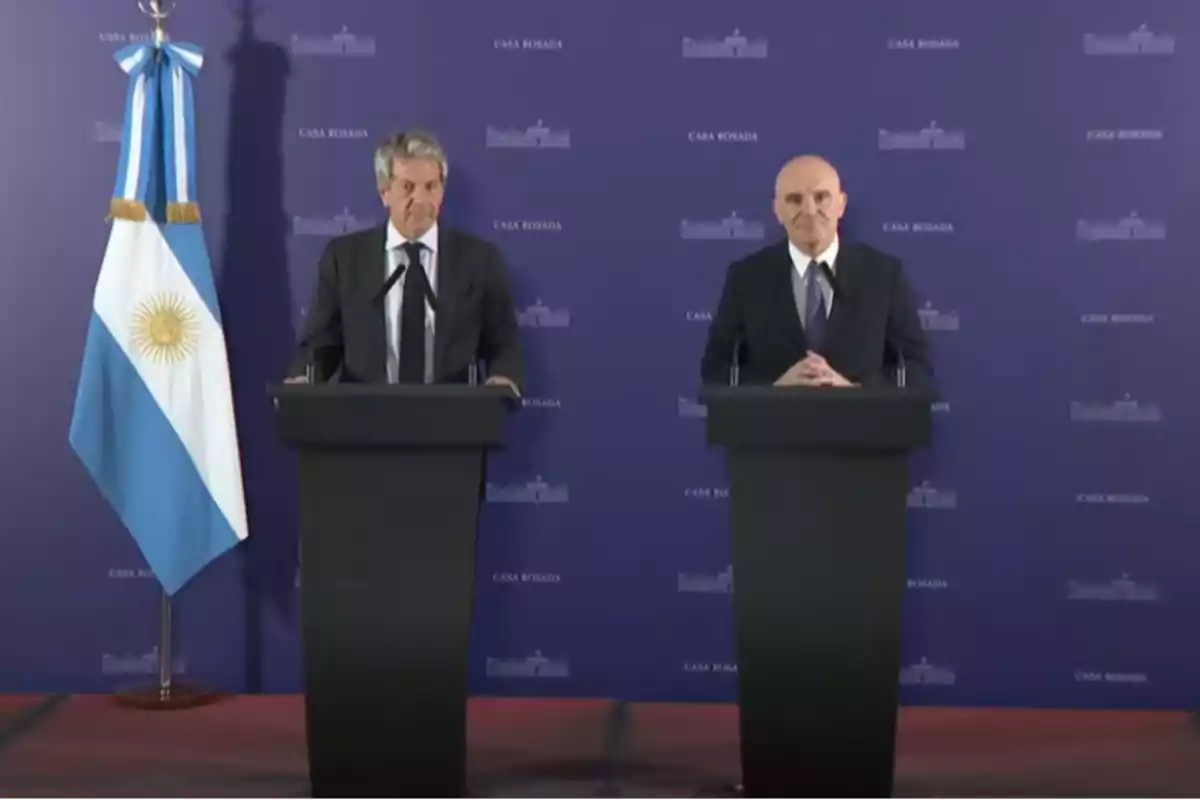
Fiscal Innocence Law: a bill is introduced to promote the use of dollars
The government sent a bill to Congress to facilitate the use of dollars outside the system
The national government formalized on Thursday the submission to Congress of a bill aimed at "shielding" the recent measures of the Argentine Revenue Collection Agency (ARCA), designed to encourage the use of dollars held outside the formal financial system. The initiative, presented by ARCA head Juan Pazo and Congressman José Luis Espert, includes amendments to criminal and tax procedure laws.
One of the central pillars of the bill is the reduction of the statute of limitations for the crime of tax evasion from six to three years. In addition, the agency's ability to initiate criminal complaints is restricted while fines for tax noncompliance are increased.
"Fiscal innocence" and criticism of the past
During the press conference held at Government House, Pazo stated: "No law-abiding Argentine will be persecuted", referring to the new fiscal paradigm promoted by the regulation. Meanwhile, Espert targeted opposition sectors and Buenos Aires Governor Axel Kicillof, whom he described as "Soviet" and accused of "ruining the province."
"The State put the weapon in their hands and pulled the trigger. The State is the one that has failed Argentines for decades. We're going to abandon the persecutory regime: the idea of fiscal innocence prevails," said the liberal legislator.
Incentives for the use of unbanked dollars
The bill aims to consolidate ARCA's package of measures that allow the use of "stored" dollars for the purchase of registrable goods, real estate transactions, and small business operations. The logic behind this policy is that, by reducing legal risk and loosening automatic controls, more people will be encouraged to use money kept outside the system, reactivating part of the informal economy.
Government officials emphasize that this step is key to encouraging liquidity in sectors that have traditionally operated with high levels of informality, but without compromising tax collection: those who voluntarily regularize will do so under new, clearer, and less punitive conditions.
Specifically, the government is betting that SMEs and small taxpayers will begin to use their dollar savings for investments or purchases without fear of arbitrary inspections or disproportionate sanctions. In return, penalties are increased for those who, within the new framework, continue to be noncompliant.
More posts: